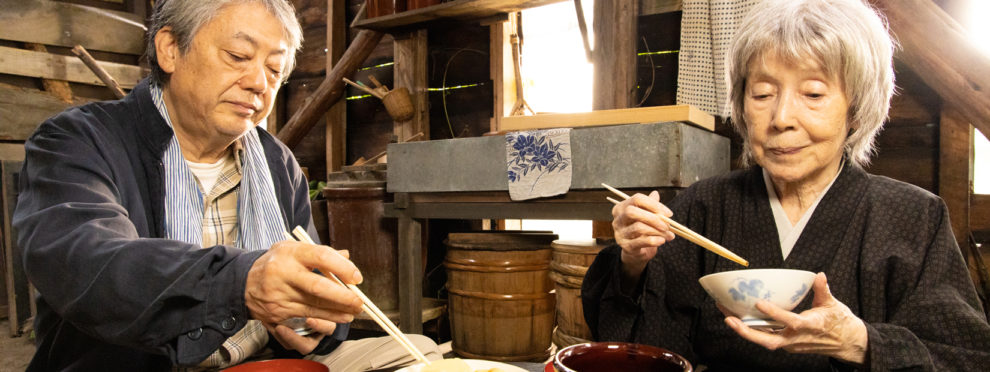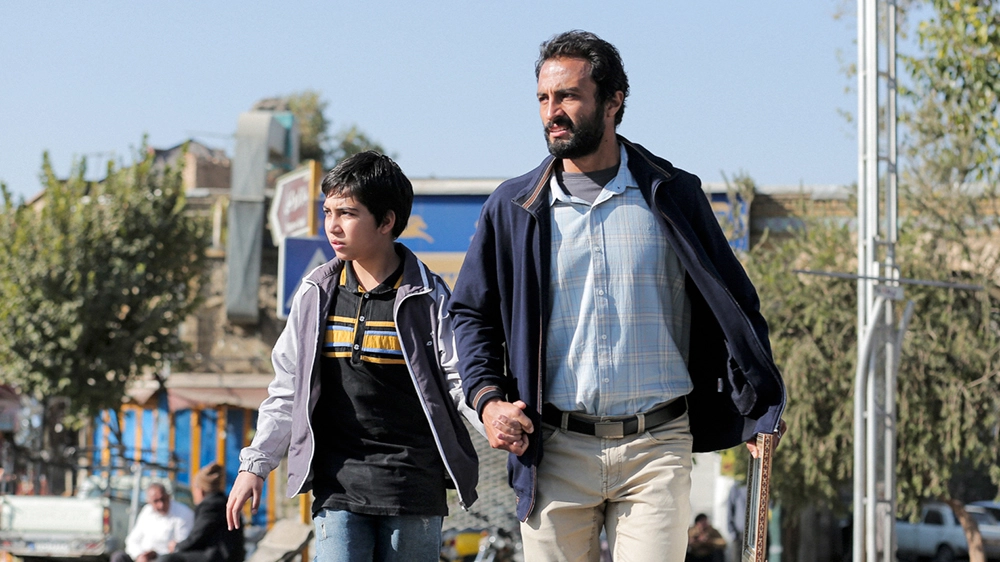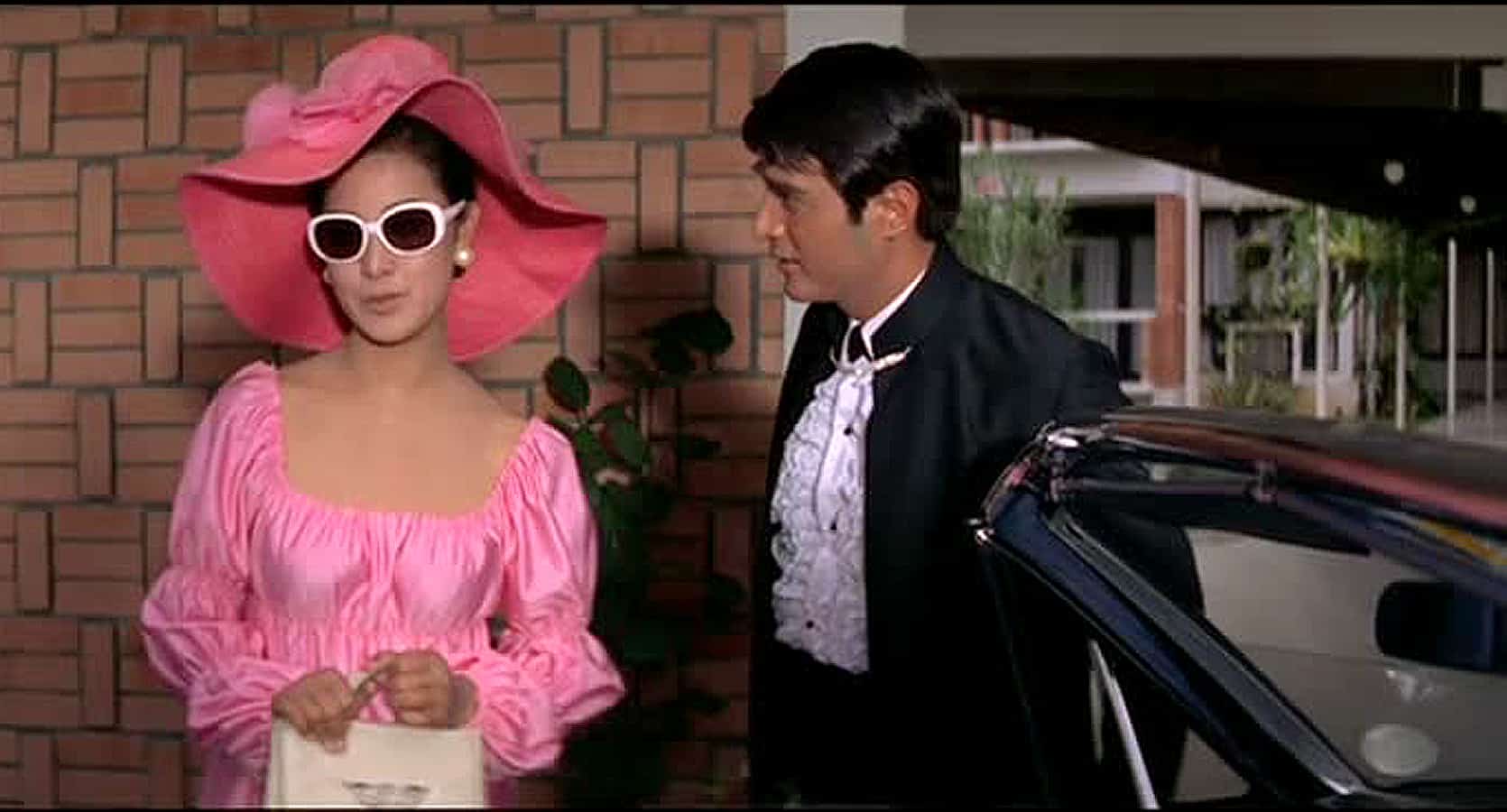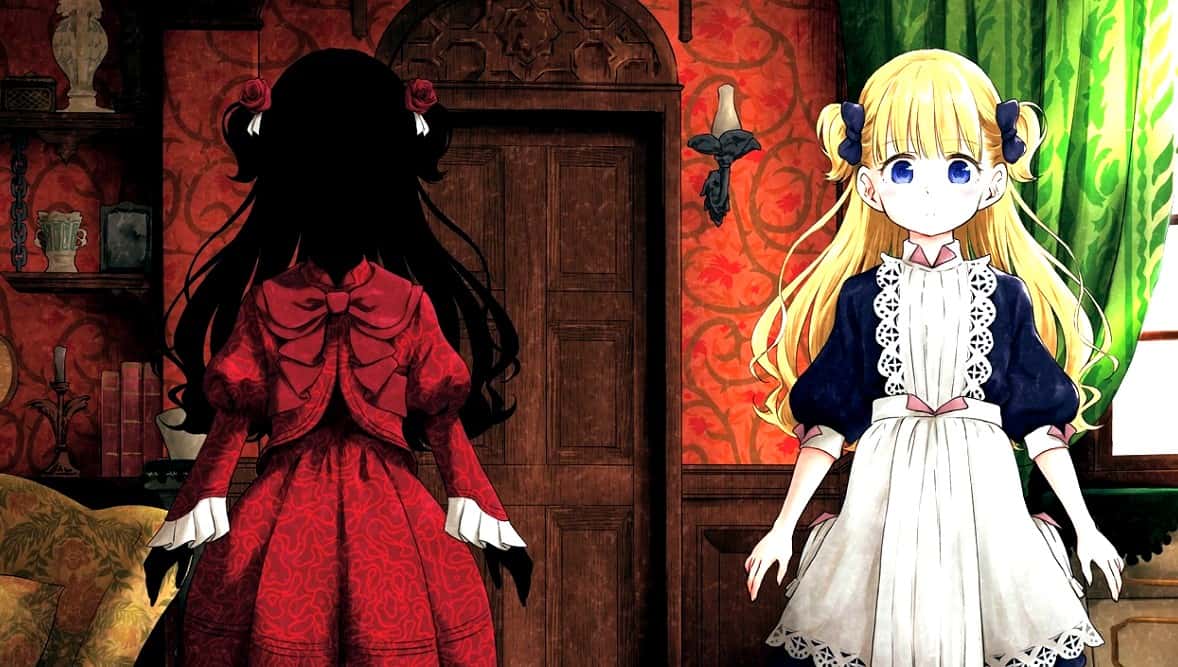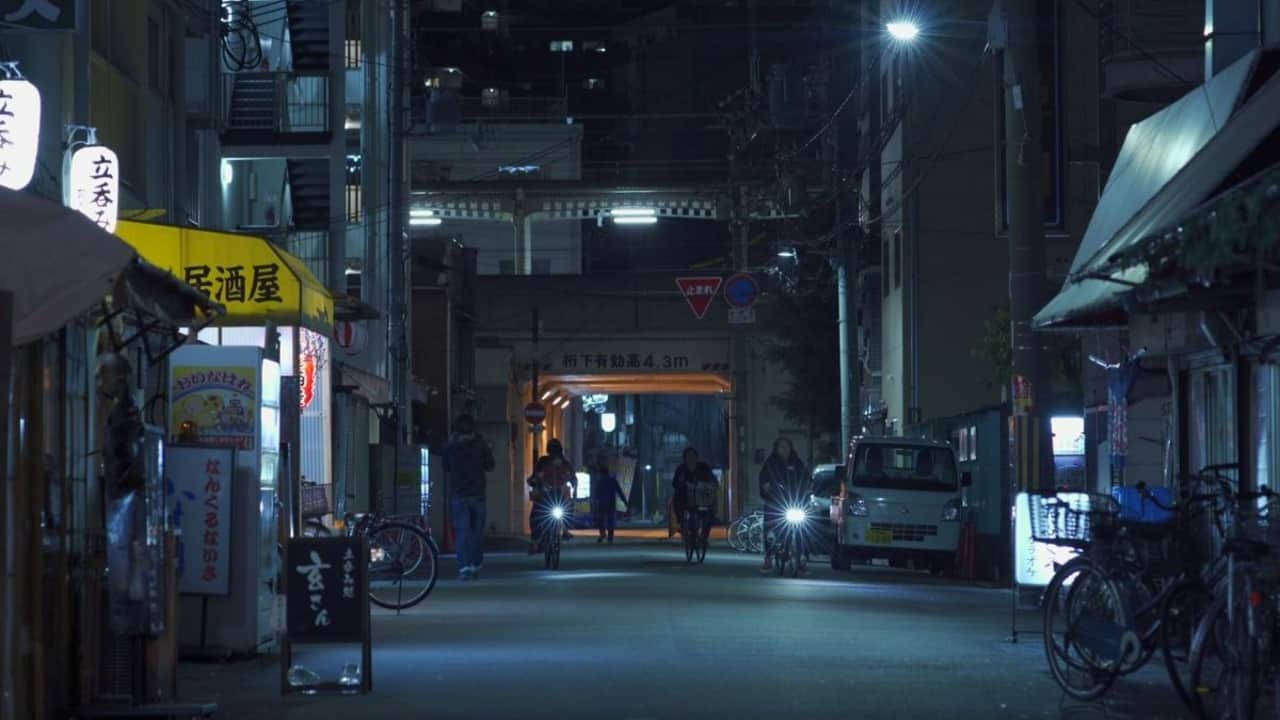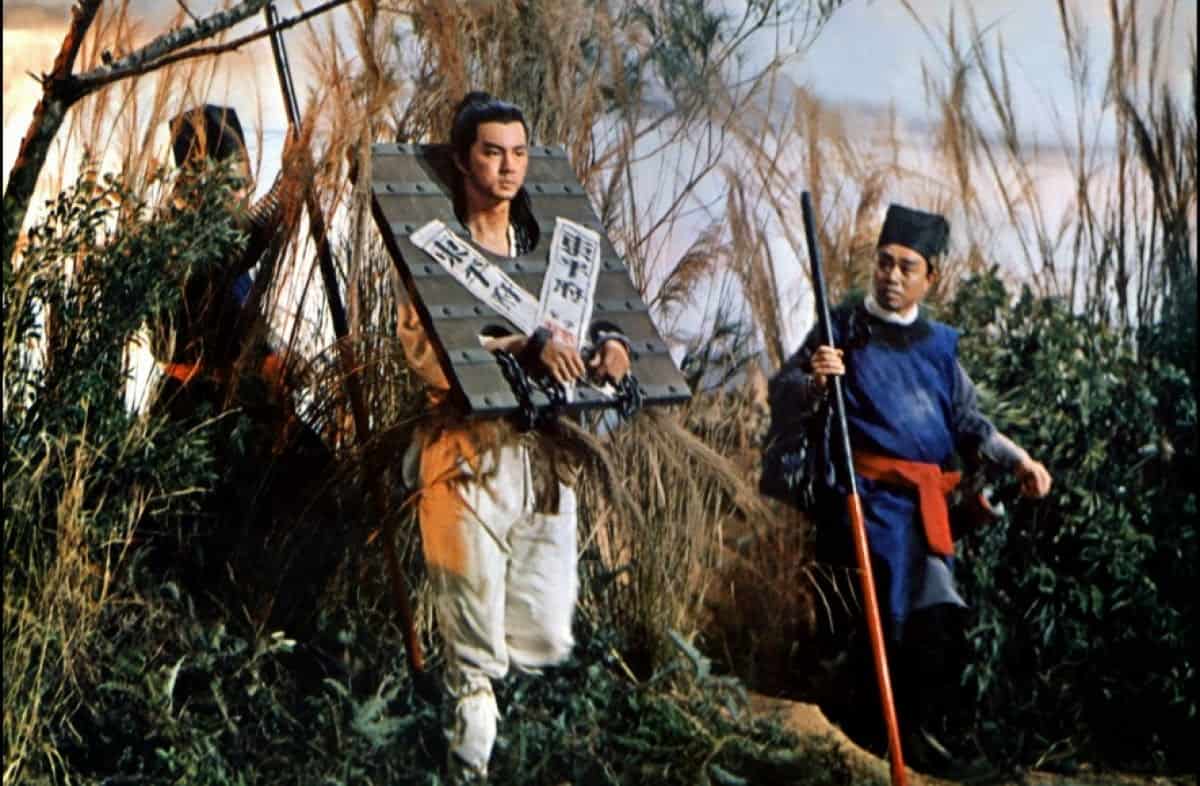Based on the essay “Tsuchi wo Kurau Hibi ” by Tsutomu Mizukami (which was published December 7, 1978) is a genuine Japanese movie, since all of its narrative elements seem to be rooted in the particular culture.
The Zen Diary is screening at Black Movie

Writer Tsutomu lives alone at a mountain cabin in Nagano, with his main dealing being growing fruits and vegetables, which he later meticulously prepares into simple but meaningful meals, as his Zen teachings during his childhood as a monk dictated. In fact, even his writings are based on the particular three aspects, as his frequent narration throughout the movie eloquently shows. Few things break his ascetic routine: the frequent visits of his editor Machiko, who is also his girlfriend, visiting his elderly neighbor, his mother-in-law, who is living in an even more remote location, and interacting, although not exactly in a pleasant way, with his brother-in-law and his wife. Lastly, Tsutomu does not seem able to let go of his deceased wife, not having a funeral for her years after her death, while his own brush with death eventually changes his demeanor, to a point at least.
As mentioned in the prologue, Yuji Nakae directs a distinctly Japanese film, which follows the trademark style of local indies, while including elements that are inherent to the people of the island country. The meticulousness in the preparation of even the simplest thing is one of the elements both these aspects meet, with the explanation from the rooting of fruits and vegetables till the actual cooking and serving being the most appealing factor of the movie, also due to the exquisite way the whole procedure is captured on camera. This attention to detail and the focus on realism extends to all aspects of the movie, which follows a documentary style for a large part of its duration, particularly when Tsutomu is not interacting with anyone. This sense is heightened even more by his own narration, which, apart from his everyday dealings, also focuses on his past life and particularly his days as a monk.
The way his interactions with Machiko, his mother-in-law and his brother-in-law unfold are also distinctly Japanese, in the way no one ever communicates their true feelings verbally. This aspect eventually becomes infuriating after some point in his relationship with his girlfriend, and is more comical in the way his brother-in-law and his wife exploit his timid nature to force him to deal with stuff they should.
The pace, expectedly for a film taking place in the mountains and having an elderly man as its protagonist, moves rather slowly, with the sense of motion coming mostly from the interchange of the seasons, whose capturing results in some of the most impressive images here, and also adds to the documentary aesthetics of the movie. At the same time, though, also because the movie extends to 111 minutes, this pace and the overall lack of action do become somewhat tedious after a point, to the point that it becomes difficult to follow the story. Nakae tries to break the rhythm with some events here and there, while Tsutomu's dealings with death somewhat changes the narrative, but the sense remains and he does not succeed fully. The same applies to Takako Matsu's acting as Machiko, with her always being a pleasure to watch, while Kenji Sawada's acting is in perfect resonance with the overall aesthetics of the movie.
“The Zen Diary” has a lot to like, particularly regarding the presentation of food, but in the end remains a movie that seems only directed to hard-core festival goers.


